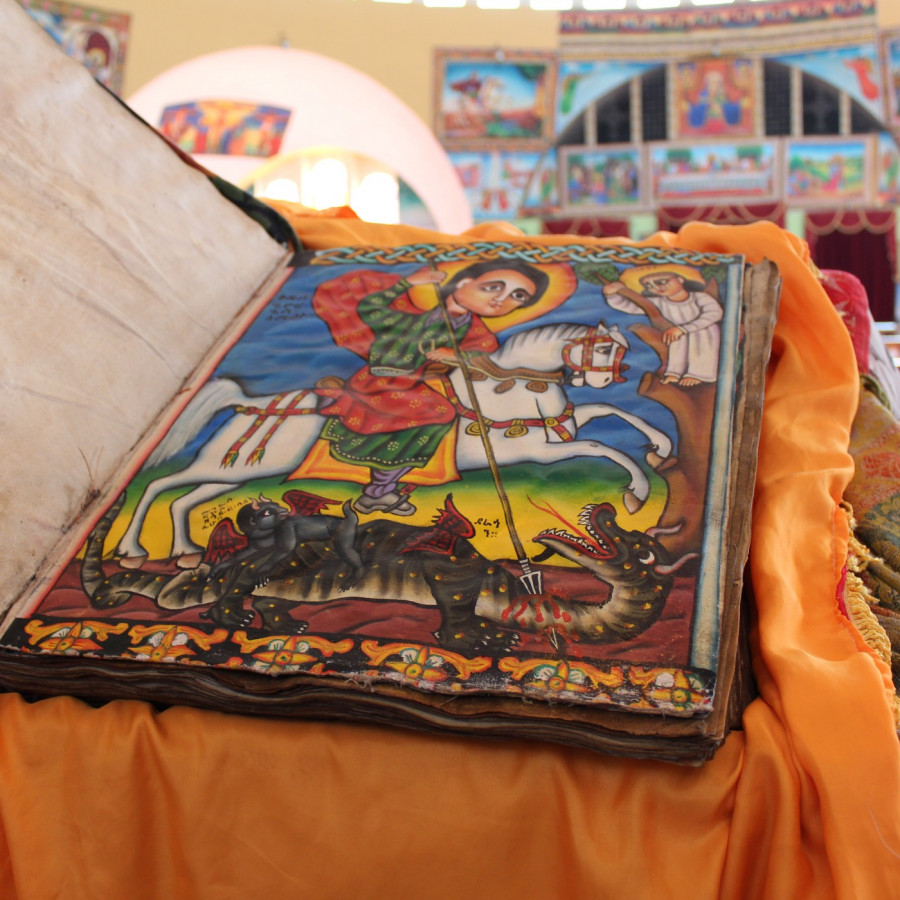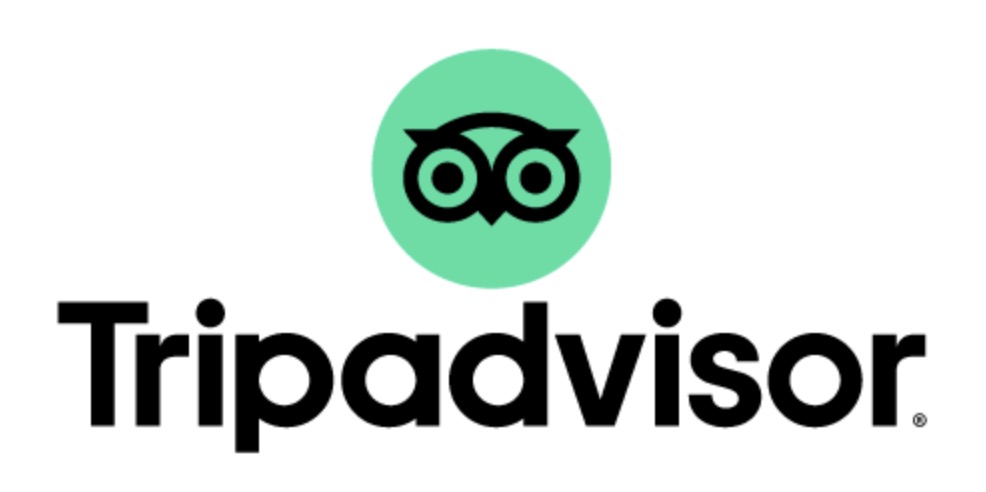Health & Safety
Health & Medical
Ethiopia is a reasonably healthy country for foreigners, however Remarkable Ethiopia Tours recommends all tour participants consult their doctor 30 days before leaving for their trip.
International visitors are required to have a Yellow Fever Vaccination and associated stamped and dated Certificate. Immunization for Hepatitis A & B, Typhoid and Polio is recommended.
Certain areas of Ethiopia, particularly below 2000m, have malaria, including chloroquine-resistant malaria. All visitors should consult their doctor as there are differing requirements on the type of prophylactic to be taken and the amount and frequency of tablet taking will depend on the type you take. It is normally advised that these medications start to be taken prior to entering a malarial area.
Other insect-borne diseases including dengue are also found in Ethiopia, so to protect yourself, use insect repellent, ensure your accommodation is insect-proof, sleep under mosquito nets where provided, and wear long, loose, light-coloured clothing preferably buttoned at the wrists.
To protect yourself from food and water borne illness, drink boiled water or bottled water with sealed lids; avoid ice cubes; avoid raw and undercooked food, such as salads.
Public toilets are rare and toilet stops may at times require going ‘in the bush’. It is recommended that you carry toilet paper and a strong plastic bag in your day pack; even restaurants and other rest stops or sites may not have toilet paper.
Medium to large towns have pharmacies, however as we will often be a long way from medical care, it is essential that you are also prepared. Please bring sufficient quantities of any specific medications you require. Visitors should bring a simple first aid pack which would also include (discuss with your doctor when preparing):
- Band-aid / plasters
- Blister protection
- Hand-sanitiser and wet sanitizer wipes
- Antiseptic cream / solution
- Anti-histamine tablets or cream (for insect bites)
- Aspirin or paracetamol (or other headache remedy)
- Sunblock / sun lotion 30+ (while temperatures may be moderate at higher altitudes, the sun is still equatorial)
- Anti-diarrhea tablets such as Imodium (they will not sure the problem but will - control the symptoms)
- General antibiotic
- Urinary-tract infection medication
- Water purification tablets
- Rehydration salts
- Melatonin (for those travelling to Ethiopia across multiple time zones this can help with sleep adjustment)


Safety
Ethiopia is a safe country for foreigners, and violent crime against foreigners is almost unknown. However, travellers should take precautions to secure their passports, money and valuables as petty crime can be encountered in high tourist areas. Keep your passport with you at all times and do not leave it in your main luggage (note you will need your passport for checking in at hotels and to change money). Do not put passports, wallets or phones in easy to access pockets and hold on securely to your handbags or day packs.
All tour participants are encouraged to purchase comprehensive personal travel insurance to cover against sickness, accident, loss of baggage, unexpected alterations to travel arrangements and travel disruption, emergency evacuation, cancellations, etc.

